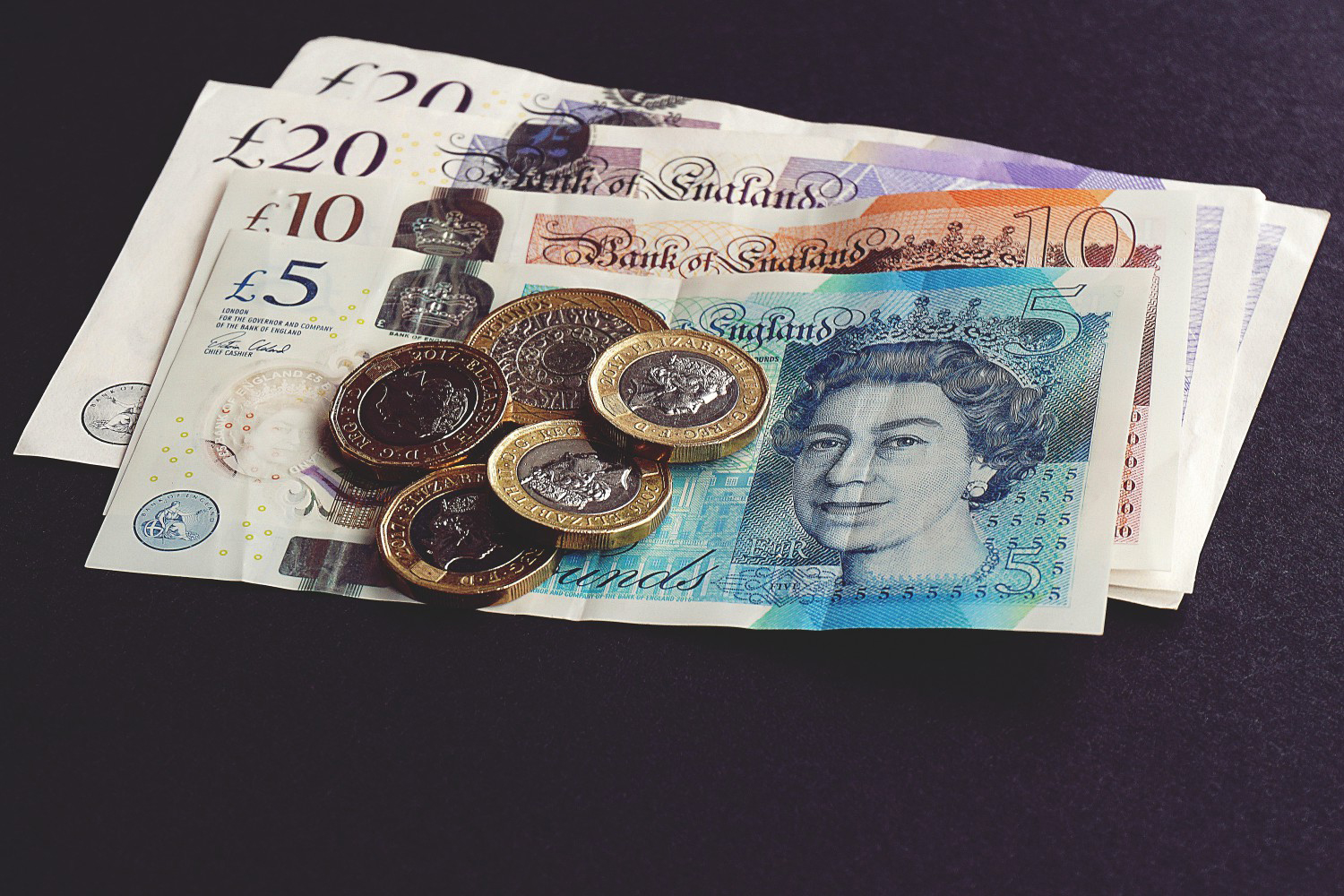So, here’s the thing. I’m about to ask you to listen to money guidance from someone who’s in £25k of debt: me. Before you run screaming for the hills, hear me out. I’m not here to talk about investments and savings, or to tell you how much you need to have in your bank account to feel secure. I’m here to open up the conversation around money, from earnings and knowing your worth to debt and how to deal with it. I’m here to help you to understand that, while money is important for an enjoyable lifestyle – and I really do believe that’s true – how much you earn, own and owe does not define you.
Let me tell you my story.
Money has always been a source of anxiety for me. Growing up in a household where money ebbed and flowed like a tide of insecurity, I never understood anything about budgeting or living within your means – sometimes we could afford loads of stuff, and sometimes we could afford nothing, and that was just how it was.
I carried this confused, unhealthy perception of finance with me all the way through university, treating my (£2k, unasked for) overdraft as though it was my money, spending frivolously and never stopping to think about my financial future. As a bright woman, I like to think that if someone had collared me that point and told me exactly where I was going wrong and how to fix it, I would have stood a chance.
As it was, nobody did. My lovely Dad, who was probably the most sensible man I’ll ever know, passed away in my first year of university, leaving me without a cautious counterbalance for my out of control spending and with a lot of conflicting emotions to deal with. My spending continued, and I burned through the £10k he left me without a thought of saving all or even some of it.
After I left university, still with no financial intelligence and a job that paid £16k, I failed to budget or plan, and quickly fell into a pattern of unhealthy borrowing, using payday loans to keep myself afloat, until I was bailed out by my family, and given a place to stay for a few weeks. But even that respite from rent and bills didn’t help me bank onto my feet in any meaningful way, because I still didn’t understand personal finance, or know where I was going wrong.
Six years later, I’d got married and had two children, one event after the other never giving me any respite from the expenses of a wedding and childcare fees, and the reduced income of maternity leave. By now I was up to my eyeballs in debt. Some, like my car finance, I could live with, and saw as ‘acceptable’, in the same way as a mortgage isn’t necessarily considered ‘problem’ debt. The rest – £25k on credit cards and a £2k overdraft – was a constant source of worry and shame.
In March of this year, I hit something that could be defined as both a breaking point and a turning point. My husband had just returned to work from parental leave, and we were having to pay for childcare in advance, on only one full wage, in addition to crippling monthly minimum repayments on several maxed out credit cards. It was a five week month, and midway through, I found myself almost entirely out of money, and out of options. I knew that things needed to change.
I’d tried to make budgets before, sitting in front of lists of income and outgoings, wondering where all of the money, that seemed present on paper, was disappearing to in real life. I’d never added up what we owed, afraid to know the total sum. But this time, I felt differently. I wanted to be armed with all of the information, so that we could solve the problem once and for all, so that my children wouldn’t be subject to the same financial instability that had damaged my own relationship with money. I made myself write down the total, eye-watering as it was. I downloaded Money Dashboard app to help me track my spending. I don’t know how I knew for sure, but I just had this feeling that there was no going back from here.
The same day, I started my Instagram account, @myfrugalyear, with a view to tracking my progress and, hopefully, being held to account by brutal internet strangers. But what happened wasn’t what I expected at all. My account gained some traction, and some media attention and my followers grew quickly, but what surprised me most of all was how good it felt to open up. In talking about my debt and how I had accrued it, in hearing hundreds of other stories of financial trouble, I was able to forgive myself and finally start to move forward. It’s been completely transformative.
As of this month, we have paid off just shy of £2.5k of our debt, around 10% of the total outstanding balance. My motivation grows by the day, and so does my compassion for others in the same boat. I’ve learned a lot, very quickly, and it’s a privilege to have a platform to share my new found insight.
All of this said, my best piece of advice for you is to take the first step and Open up.
Written by My Frugal Year

